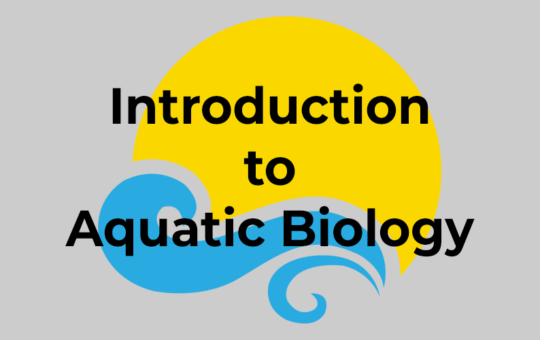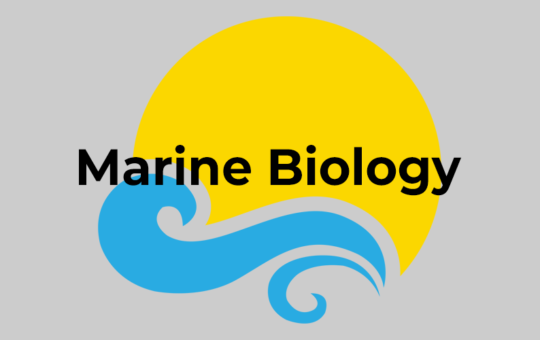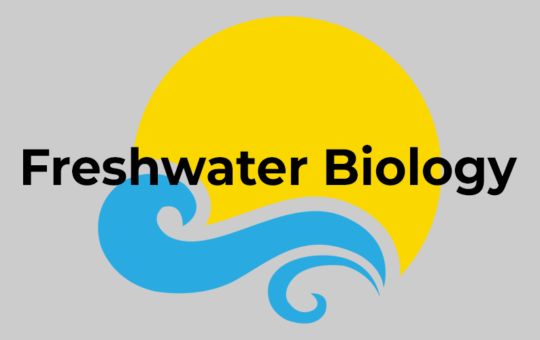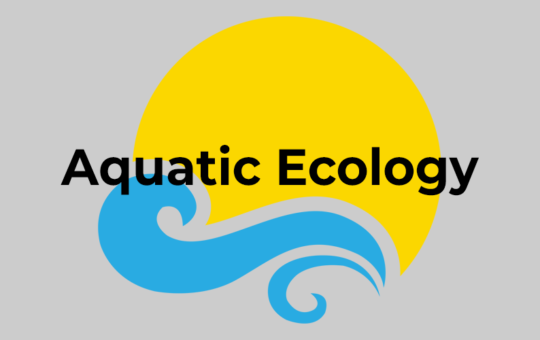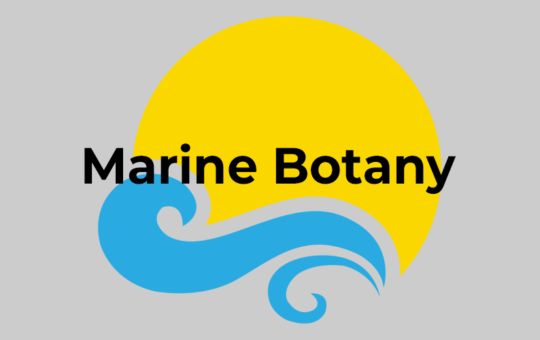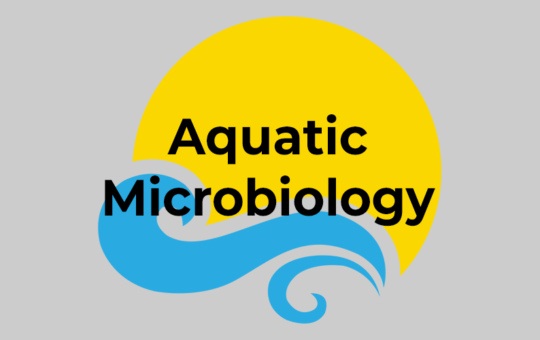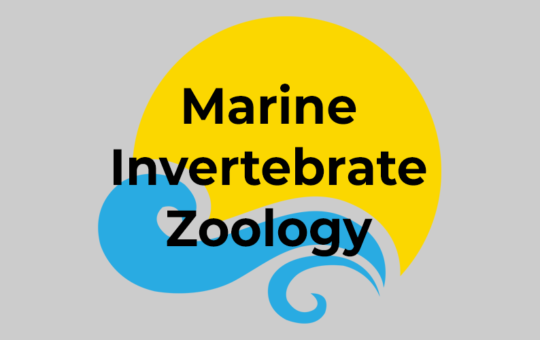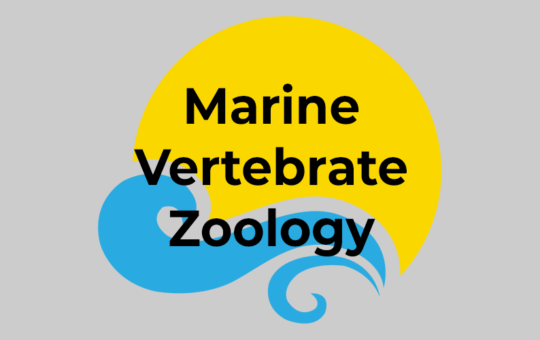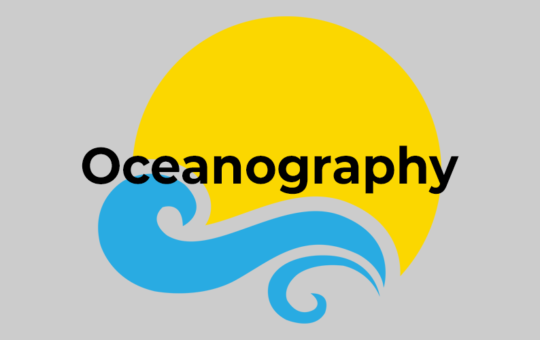Select View:
Courses
Introduction to Aquatic Biology
- Explore the physical, chemical, and biological properties of aquatic ecosystems.
- Understand the roles of aquatic ecosystems in global ecology.
- Study the diverse types of freshwater and marine habitats.
0m
2
13
Marine Biology
- Study the diverse range of marine organisms, from plankton to whales.
- Understand the physical and chemical properties of marine environments.
- Explore various marine habitats, including coral reefs and deep-sea environments.
0m
1
13
Freshwater Biology
- Explore the physical, chemical, and biological characteristics of freshwater ecosystems.
- Understand the ecology and diversity of organisms in rivers, lakes, ponds, and wetlands.
- Study the interactions between biotic and abiotic components in freshwater habitats.
0m
0
13
Aquatic Ecology
- Understand the ecological principles and processes governing aquatic ecosystems.
- Study nutrient cycling, primary productivity, and energy flow in aquatic environments.
- Explore the interactions between organisms and their environment in freshwater and marine systems.
0m
0
13
Ichthyology
- Study the anatomy, physiology, and behavior of fish.
- Explore the diversity and classification of fish species.
- Understand the ecological roles and adaptations of fish in various environments.
0m
0
13
Marine Botany
- Explore the diversity of marine plants and algae, including seaweeds and seagrasses.
- Understand the photosynthetic processes and primary productivity of marine flora.
- Study the adaptations of marine plants to various oceanic environments.
0m
0
13
Aquatic Microbiology
- Study the diversity and roles of microorganisms in freshwater and marine environments.
- Understand the physiological and metabolic processes of aquatic microbes.
- Explore the ecological interactions and nutrient cycling mediated by microorganisms.
0m
0
13
Marine Invertebrate Zoology
- Study the anatomy, physiology, and behavior of marine invertebrates, including sponges, cnidarians, mollusks, arthropods, and echinoderms.
- Understand the evolutionary relationships and diversity of marine invertebrate groups.
- Explore the ecological roles of marine invertebrates within oceanic ecosystems.
0m
0
16
Marine Vertebrate Zoology
- Study the anatomy, physiology, and behavior of marine vertebrates, including fish, reptiles, birds, and mammals.
- Understand the evolutionary adaptations of marine vertebrates to oceanic environments.
- Explore the ecological roles and interactions of marine vertebrates within marine ecosystems.
0m
0
14
Oceanography
- Understand the physical properties of seawater, including temperature, salinity, and density.
- Explore the chemical composition of seawater and the nutrient cycles in the ocean.
- Study the various marine habitats, from coastal zones to the deep sea.
0m
0
19



